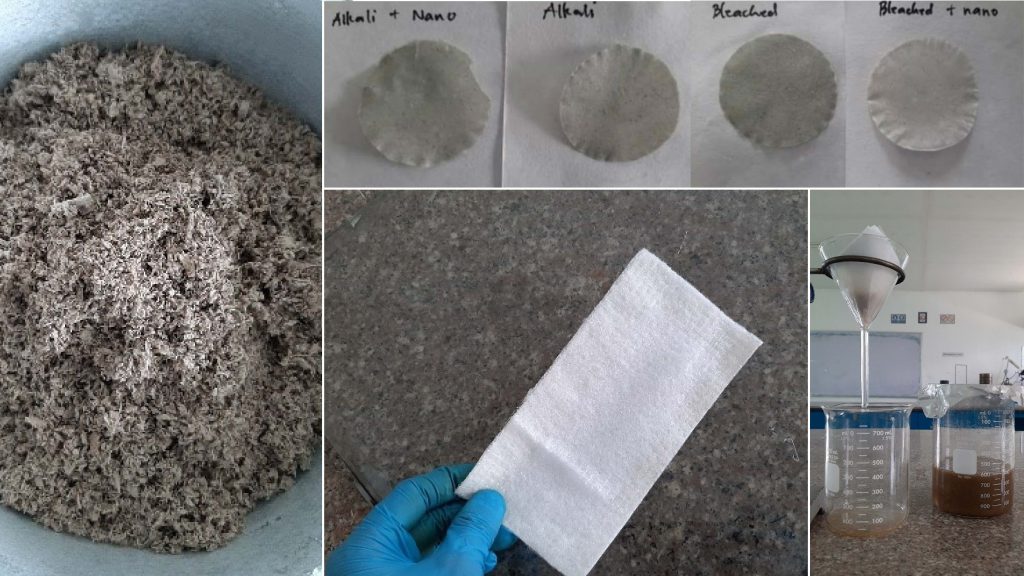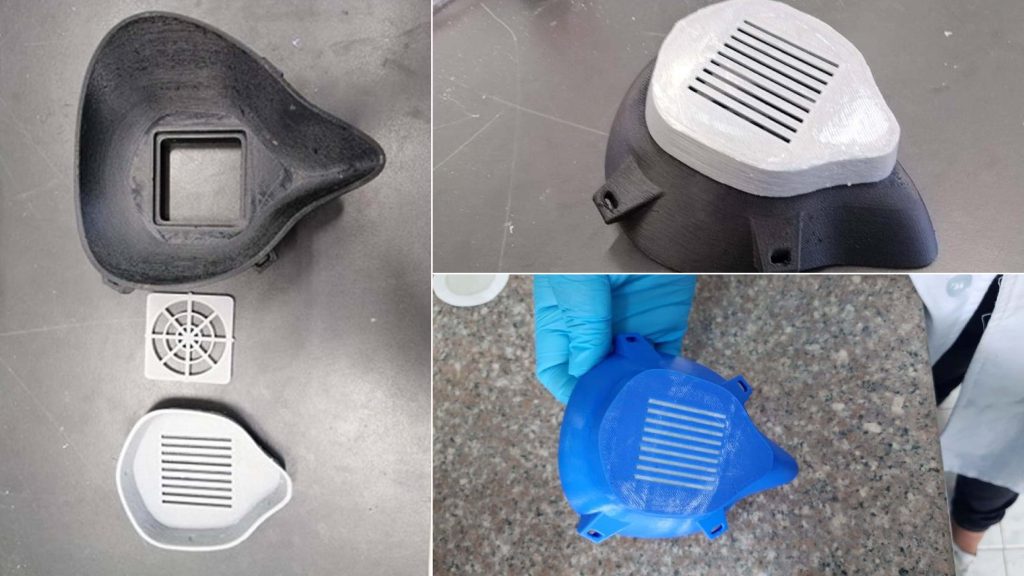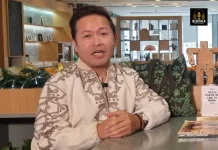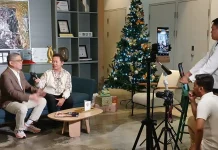
A cloth face mask filter and a 3D-printed face mask have been developed by Caraga State University (CSU) and the Department of Science and Technology (DOST) to make the wearing of washable face masks safer as the coronavirus pandemic continues.
The DOST-funded CSU lab innovations are made to address the need for people to wear face masks as a form of safety precaution to help prevent the spread of coronavirus disease 2019 (COVID-19). But we see that there are a lot more people wearing cloth face masks compared to the recommended N95 masks that are more suited to preventing airborne transmissions of viruses.
The worldwide shortage of personal protective equipment such as masks has led people to use cloth versions that are basically good for protection against dust. People also prefer a cloth mask because it is comfortable to wear, easy to wash and reuse, and can even be fashionable.
But many users may not know that cloth face masks offer less protection and are less effective because they cannot filter the smaller droplets containing the virus due to large pores of the material of the mask.
This problem was recognized by Dr. Rey Capangpangan, an active member of the National Research Council of the Philippines (NRCP). The situation motivated Dr. Capangpangan and his team from Caraga State University (CSU) to develop a filter material that can be inserted in a cloth face mask to efficiently filter out contaminants. They found the answer in the nano-cellulose film which is sourced from organic materials.
The team developed the prototype at the Material Science and Polymer Chemistry Laboratory in CSU, a funded project of the DOST-Philippine Council for Industry, Energy and Emerging Technologies Research and Development (PCIEERD). The team’s current work is on cellulose biopolymer and they saw the potential in developing a filter material from it and integrating nanotechnology.
They used paper wastes, acid, base, and bleaching reagents to produce nanocrystals then integrated with nano-cellulose film to increase the filtering capability of the product. According to Dr. Capangpangan, the nano-cellulose crystals can also be extracted from other agricultural products/wastes such as pineapple leaves and water hyacinth.

At the same time, the group collaborated with the College of Engineering and Geosciences (CEGS) and Caraga Fabrication Laboratory in CSU in developing 3D printed face masks. The lab also collaborated with Dr. Arnold Alguno from Mindanao State University-Iligan Institute of Technology (MSU-IIT) for the nano-cellulose extraction.
They continued to modify and test the product for its longevity and results from the flame and wettability tests show that the nano-cellulose filter performs as well as the commercial face masks.
The face mask can be reused while the filter material can be sun-dried before reusing. He added that the research project does not aim to replace N95 masks and other masks used by health and medical practitioners but to provide innovation to effectively reduce the risk of cloth base masks by using nano-cellulose films.
The nano-cellulose filter for masks will cost around Php15.00 per piece, while the 3D printed face mask will cost Php300.00 per piece. It was noted that costs can be lowered if mass-produced.
At present, the laboratory is in need of raw materials and reagents to continue its production. For any donations – in cash or raw materials, and/or queries regarding the prototype, you can contact DOST-Caraga or the project leader, Dr. Rey Capangpangan at Caraga State University, Butuan City.
DOST is also supporting Pinoy technology that is producing 500,000 washable airborne droplets-repellent cloth face masks.
Meanwhile, Rizal-based designer Michael Leyva has also created personal protective suits, head covers, face masks for frontliners.
SEND CHEERS in the comments below to DOST and Caraga State University for collaborating to make cloth face masks safer to use in this time of COVID-19 pandemic.
Want to know how to be a Proud Pinoy? Like, Follow, Subscribe to GoodNewsPilipinas.com and our socials Facebook, Twitter, Instagram, Good News Pilipinas! TV on YouTube, for new story notifications and e-mail newsletters for updates on more Filipino Pride stories.










